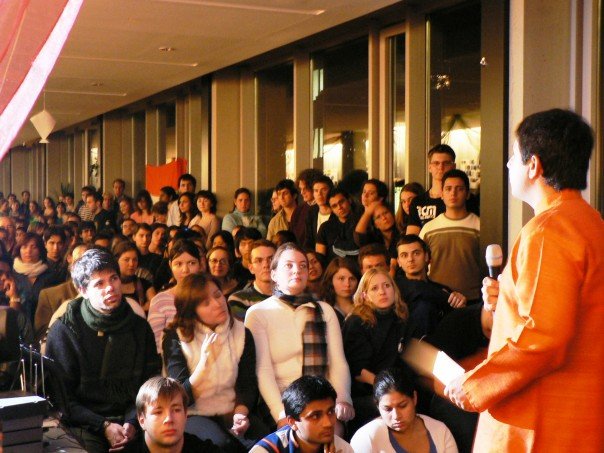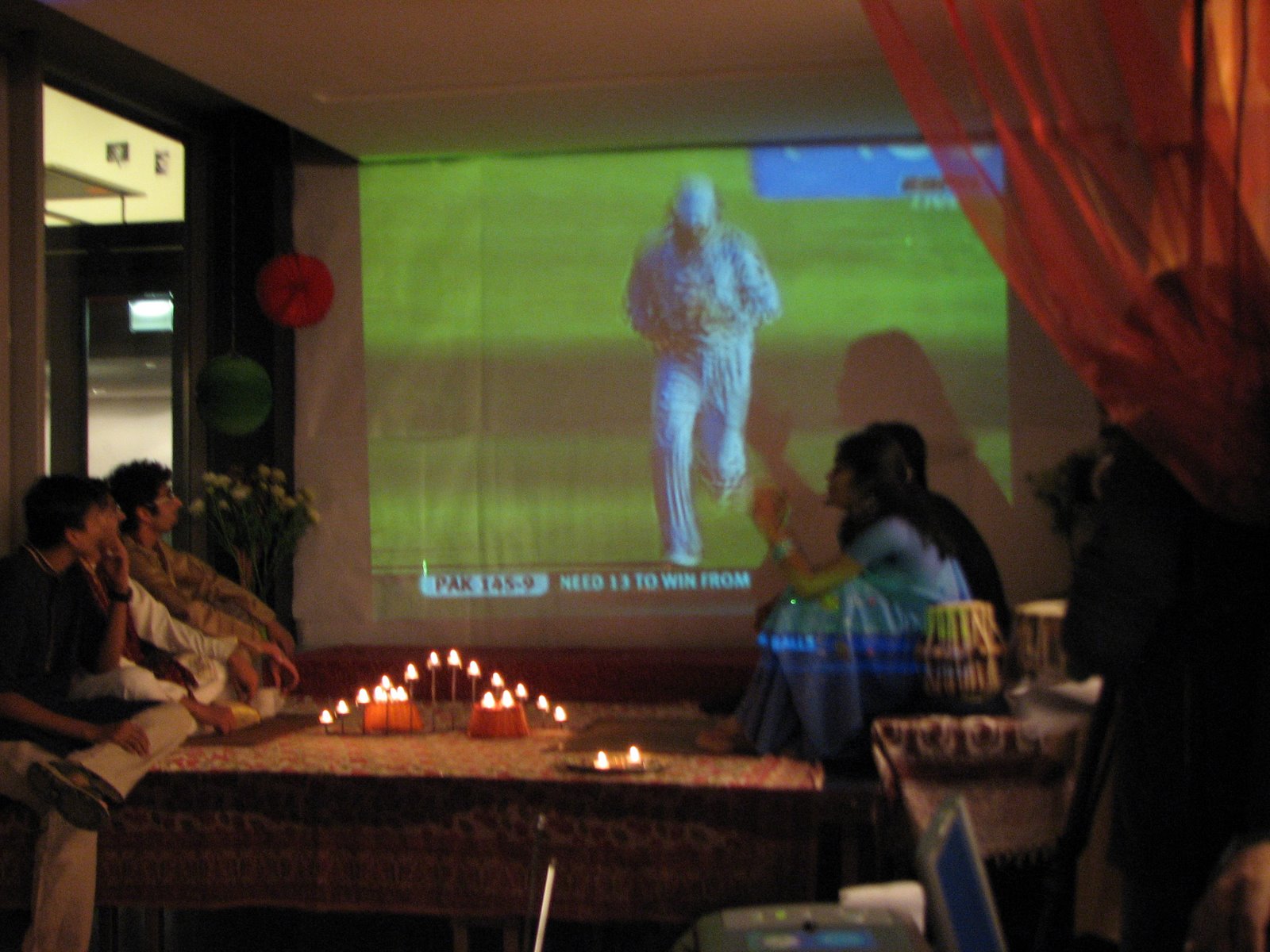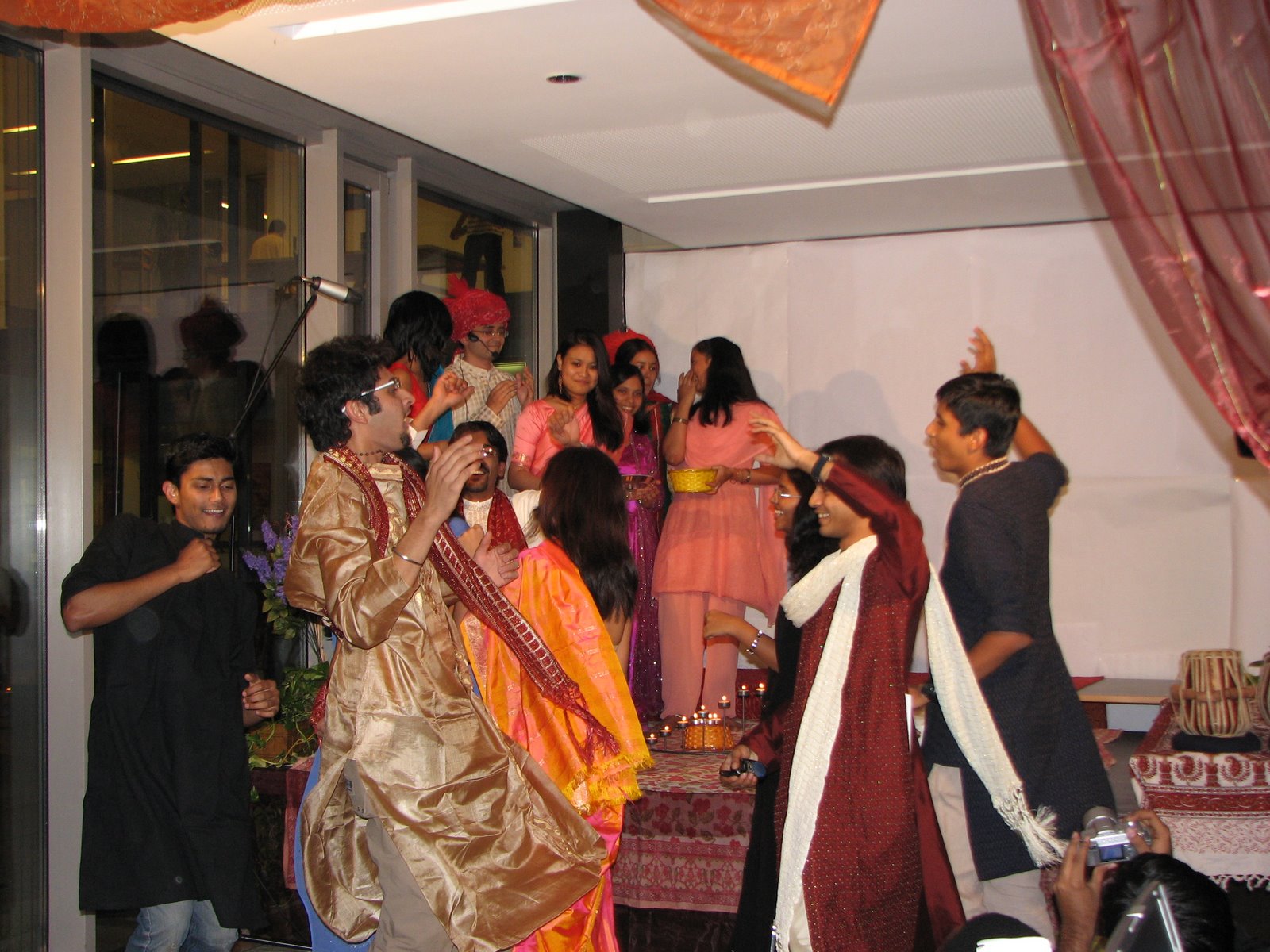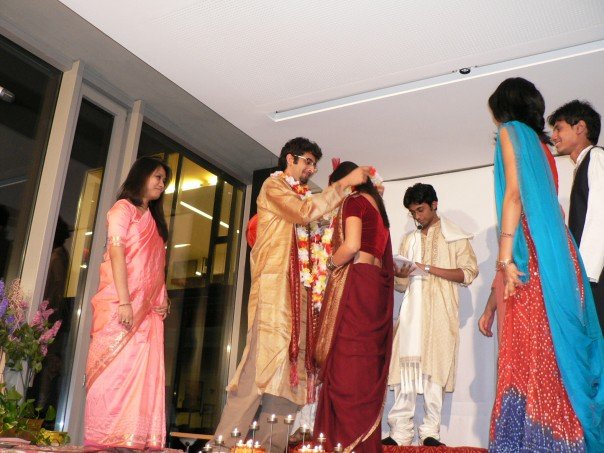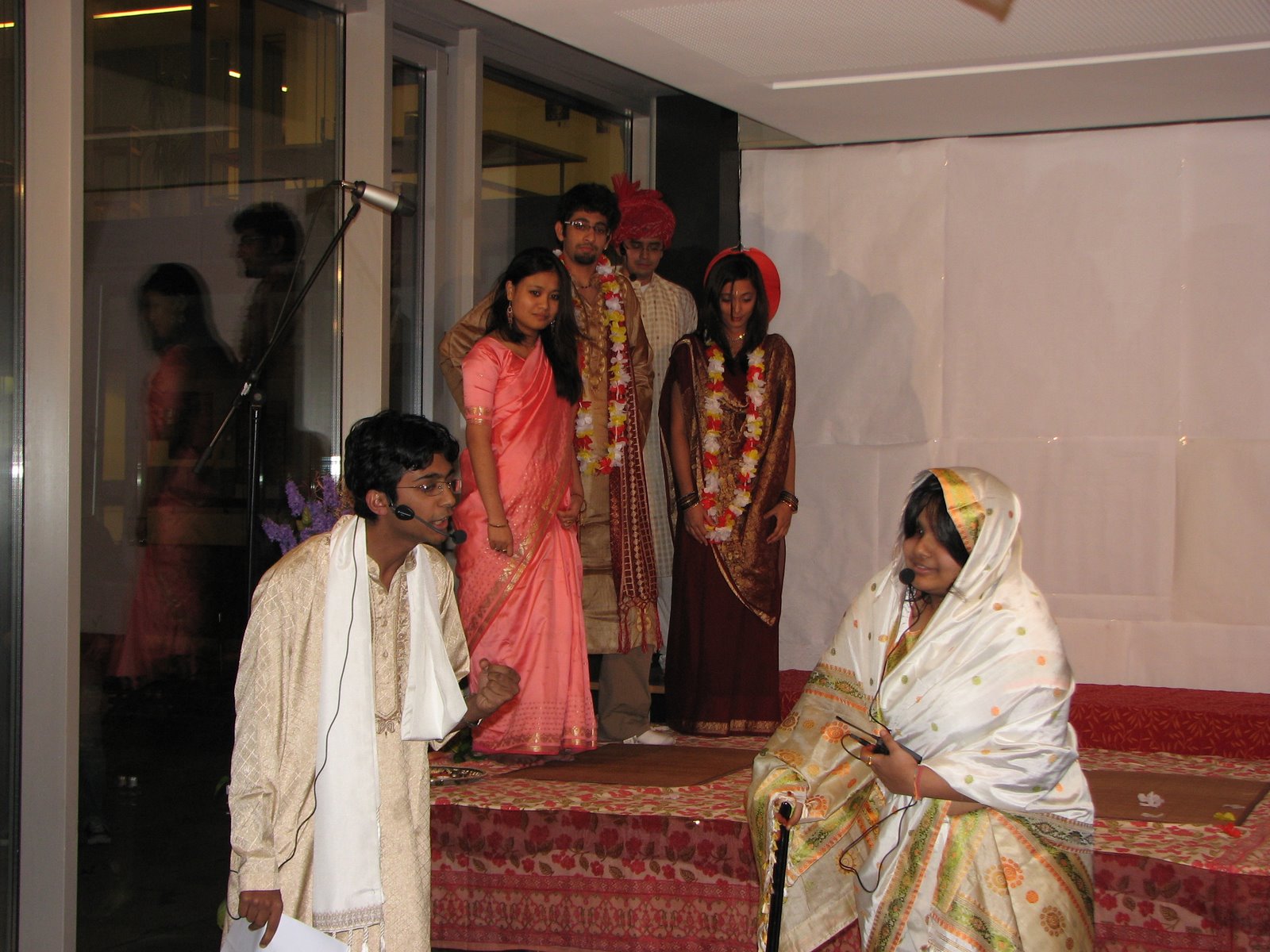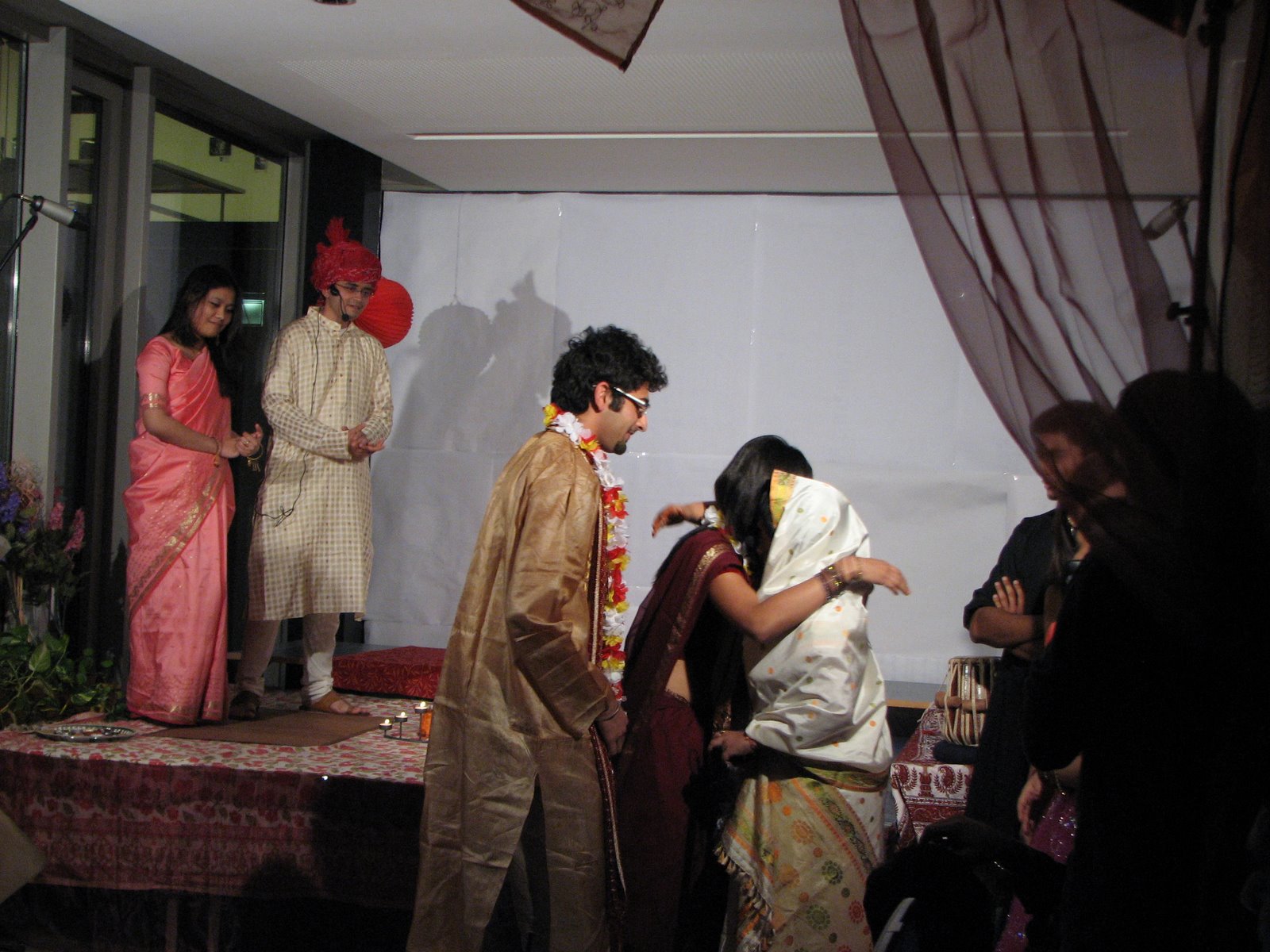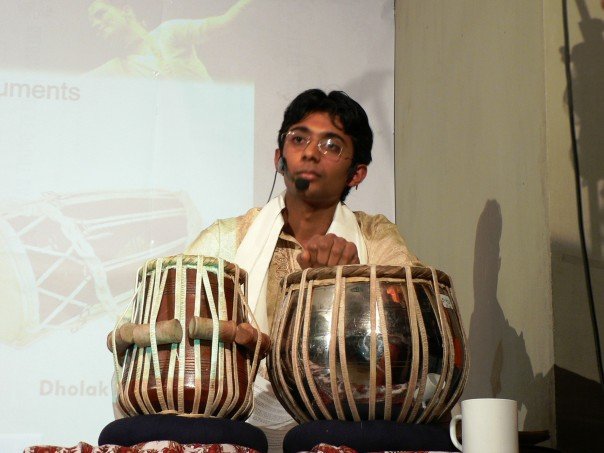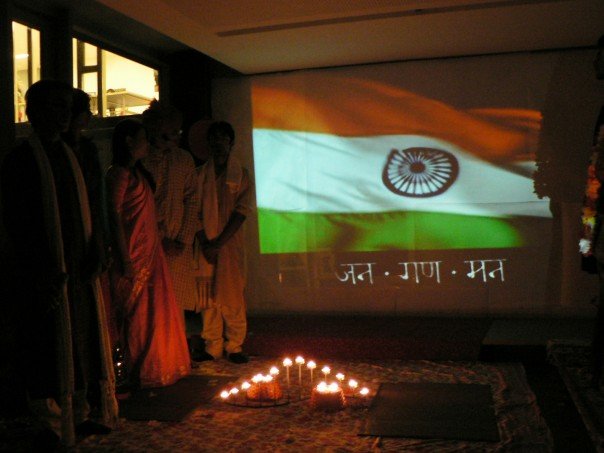Behold the time of clouds surcharged with rain,
Like to a furious elephant they rise;
Or mighty monarch hurrying to the war;
In place of standards see the lightning’s flash,
And rolling thunder answers to the drum.– Kalidas in Ritusamhara
Most people always seem baffled by my love for rains. They fail to comprehend how a wonderful sunny day with temperatures in the mid 20s can be topped by an overcast, windy and rainy day. Alas, they have never experienced the monsoons. They know zilch about the scorching heat of the summer that precedes the monsoons in India. The unforgiving heat, the long days, made longer by the fact that there was no school to attend. The saving graces – it never was too hot in Dehradun. Temperatures touching 40 were unheard of when I was growing up. And I could catch “Chhuti Chhuti” on Doordarshan. Duck Tales and Talespin are a lot more fun in Hindi, even now. But still, venturing outside the house before 5:30 was almost impossible. “You are going to fall sick in this heat”, mom would chide and like the obedient little kid that I was I would scurry back in the house with my bat over my shoulder.
You see, that was my main gripe with the summer. Countless hours of cricket lost, because it was too hot to play. The summer homework we got during those days was not much either, I definitely don’t remember doing that “one page of Hindi writing daily” that the teacher asked us to do. 60 pages? Duh! That is easily achievable in a couple of weeks. Why waste the whole holidays on something so mundane? However, living in the Indian Institute of Petroleum Colony during the summer had its benefits. Mango and litchi trees were plentiful, and plucking raw mangoes from the trees and eating them was quite common for us. If there is anything that makes the Indian summer worthwhile, it is the amazing fruits you get during that time – Mangoes, Litchis, Watermelons and Muskmelons. My stomach rumbles and my mouth waters even at the thought of these delicacies. I would willingly bear the heat of a thousand suns to savour them. As an aside, I was never a fan of the “Dussehra” Mango, always preferring the “Langra”. “Dussehra” was so overrated.
Another thing that the summer holidays were perfect for was for reading books. With no cable television in the house, there was never anything much to watch on TV. Dehradun did not even get the DD Metro channel those days. All we had was DD1 and there was only so much one could watch on it. But I am not complaining. “Champak”, “Nanhe Samrat” and “Nandan” were devoured the same day that “Sharmaji” (our news paper vendor) delivered them. In addition to these, there were always Enid Blytons, Hardy Boys, Nancy Drews to finish. Quite a lot to do then. But it was always getting hotter, and power cuts, though wonderfully infrequent (IIP used to have its own power backup) were still there. This was IIP in the 90s – 35C was too hot and a hour long power cut too much. Air conditioners were unheard of, and even putting the fan at full speed in the night was frowned upon. I used to keep the fan at full speed, and I think my parents used to drop in on me in the night to reduce the speed. It was hot, and then the rains would come.
You know, in the summers I could still play cricket. In the monsoon season, it was all relative. Rains, heavy rains, continuous rains, were the norm in Dehradun and I probably lost a lot more cricketing hours to rain that I did to the summer sun. But I still loved rains, and love them to death even today.
I would sit in the verandah of the house, with a bag of chips in one hand, and a story book in the other. With the wind blowing, and the heavy rain falling all around me (not on me though) I would proceed to read the book all the while munching on that bag of chips. There never was a better way to read a book. There never was a better season to eat “Aloo Pakoras” or “Pataurs”. Sometimes it would rain continuously for a week, and there would be nothing to do. But it never occurred to me that this was a week of holidays wasted. It was raining, the temperatures were down, there were books to read and chips/pakoras/pataurs to eat and it used to be enough. And if the books were finished, which they invariably were, there was always Dangerous Dave and Prince of Persia (which was way more fun in 2D). There was also DOOM (iddqd anyone?). I still don’t know of anyone who finished that game without cheat codes.
Though the best part about the rains arrived when the summer vacations got over. The rains were always heavy on the first day of the school after the summer break. Me, with my big yellow duck shaped umbrella, would go to the bus stop. There used to be a lot of kids there, IIP had a lot of school going kids in my days. All with multi-coloured umbrellas. And each one had the same thought – rain more, rain harder. You know why? Because we all wanted a holiday for “rainy day”. Not in many places outside lawyers for workers Dehradun do I think this concept exists. School getting cancelled because it is raining too heavily. And we would get to know it when we were already at the school. Not everyone had a telephone connection back then, so it would have been difficult for the school to inform us. And how jolly was the bus ride back home. The whole EC road would be flooded because of the overflowing sewer (they have since covered it), our shoes, socks and uniforms would be soaked through – but it felt so good to celebrate that unexpected holiday.
The monsoon season was also not supposed to a good time to eat street food. However, it was always difficult to keep me away from “Dulara’s” Chowmein, and after some cajoling and tantrum-throwing I usually got my way.
Now, studying in Europe, I miss those rains. I miss the flooding of the EC road, I miss the Rispana bursting to its seams with muddy rain water. I miss riding on a scooter in this rain and getting wet, I miss eating “Bhutta” when it is drizzling. I miss the sound – the sound of thunder, the sound of the rain drops pattering on the roof and the streets. And I miss the chaos, the pure chaos that rains seemed to cause, how they would throw a spanner in everyone’s work and how everyone still loved them.
